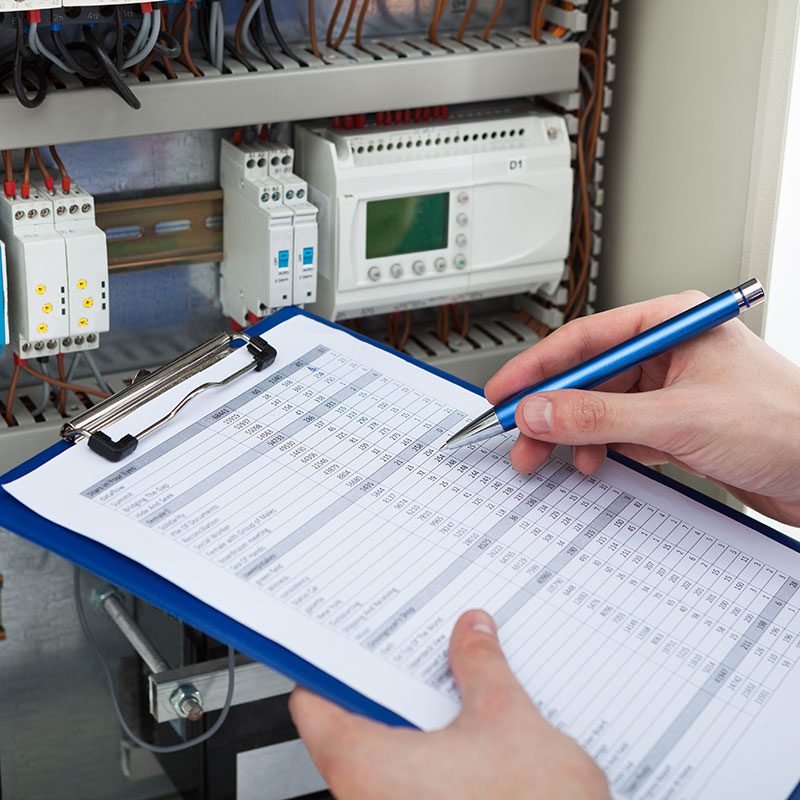Course overview
In Edinburgh, the Skills Training Group offers an EV Installer course, providing an in-depth mix of theoretical and practical training focused on electric vehicle (EV) charging points. This course is tailored to encompass several key areas:
- Installation: Participants gain practical experience in installing EV charging points, learning the necessary procedures and techniques to set up these systems efficiently.
- Fault Finding: The course equips learners with the skills to identify and rectify issues in EV charging points, an essential aspect for ensuring functionality and safety.
- Inspection and Testing: The training includes comprehensive guidance on inspecting and testing EV charging points, ensuring they meet the required standards and function effectively.
This course is particularly beneficial for professionals aiming to broaden their expertise in the fast-evolving electric vehicle infrastructure sector. As EV adoption increases, the ability to install and maintain EV charging stations is becoming a vital skill in the automotive and energy industries.
Importance of EV Training
- Growing Industry: The EV sector represents a burgeoning industry, offering new opportunities for experienced electricians to expand their services and potentially increase revenue, or specialize in EV charging installations.
- Environmental and Economic Incentives: Government initiatives to reduce emissions and the tax benefits associated with electric vehicles are driving more people to consider EVs, boosting the demand for charging installations.
Entry Requirements
To enroll in this course, applicants are expected to have prior experience in installing electrical installations in domestic and/or non-domestic settings. Additionally, they should possess the following qualifications:
- Level 3 Electrotechnical vocational qualification which includes the initial verification and certification of electrical installations, and a
- BS 7671 Requirements for Electrical Installations (current edition) qualification.
This course in Edinburgh is designed to cater to the growing need for skilled EV charging point installers, providing a pathway for electricians to enhance their skill set in this forward-looking field.
Modules breakdown
For proficient installation of electric vehicle (EV) charging equipment, specific requirements and competencies are essential. Here’s a detailed overview:
- Understanding of EV Charging Equipment:
- Knowledge of Types: Familiarity with different types of EV charging equipment is crucial. This includes understanding the four main charging modes and Wireless Power Transfer (WPT) types, each with its distinct characteristics and applications.
- Preparation for Design and Installation:
- Site-specific Design Aspects: Installers need to thoroughly prepare, understanding the design elements and specific requirements of the installation site, whether it’s in a domestic, commercial, or industrial setting.
- Installation Skills:
- Adaptability in Various Settings: Proficiency in installing EV charging equipment across diverse environments is vital. This includes tackling the unique challenges and specifications of domestic, commercial, and industrial installations.
- Initial Verification and Handover:
- Ensuring Standards and Safety: Post-installation, it’s crucial to perform an initial verification to confirm the correct installation and adherence to safety and operational standards.
- Client Handover Process: This step involves demonstrating the equipment’s functionality to the client and providing them with essential operational information.
- Inspection and Testing Competence:
- Safety and Functionality Checks: The ability to conduct comprehensive inspections and tests on the EV charging equipment is mandatory to ensure safety, functionality, and compliance with relevant standards.
- Completion and Client Handover:
- Finalizing Installation: The installer must be able to efficiently complete the installation and hand it over to the client, including all necessary documentation and usage guidance.
Adhering to these requirements is crucial for the safe, efficient, and reliable installation of EV charging equipment. As the demand for EV infrastructure grows, these competencies ensure that installers are well-equipped to meet the needs of this expanding sector.







